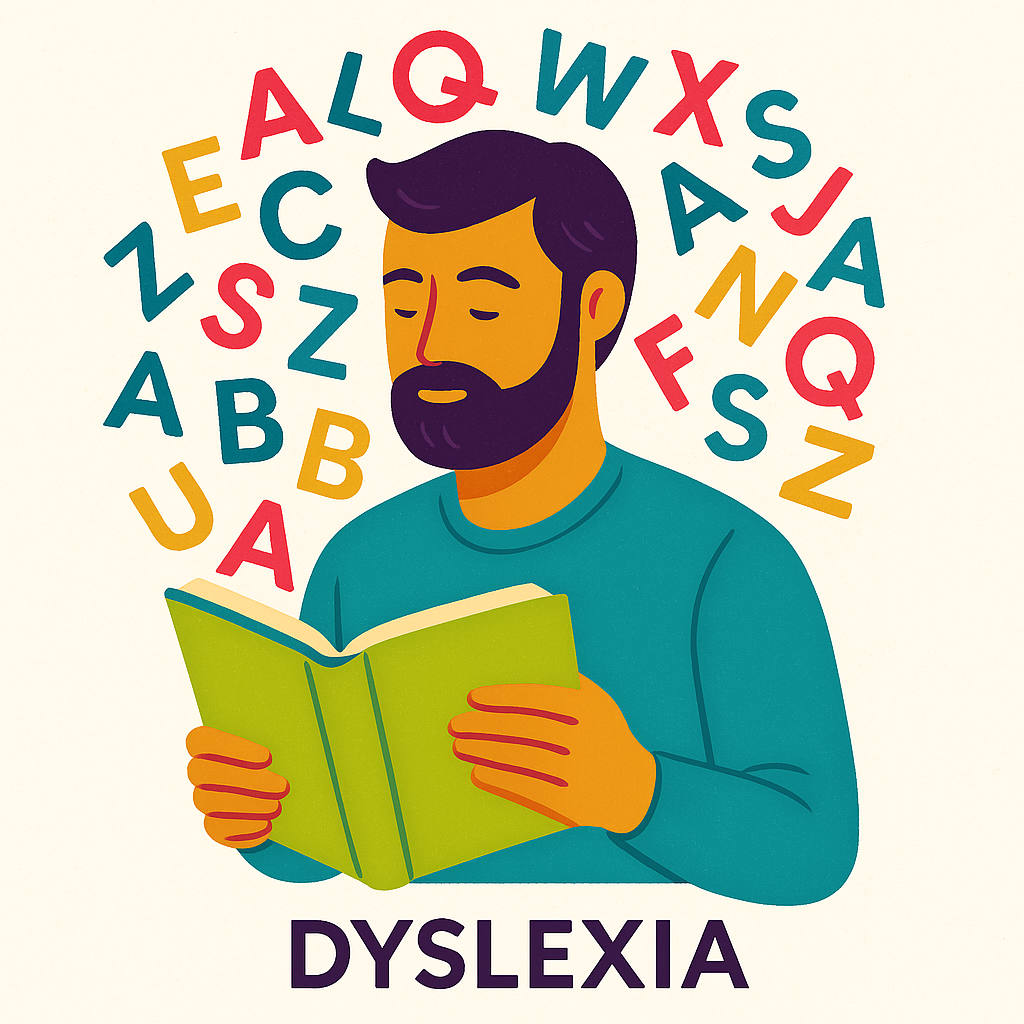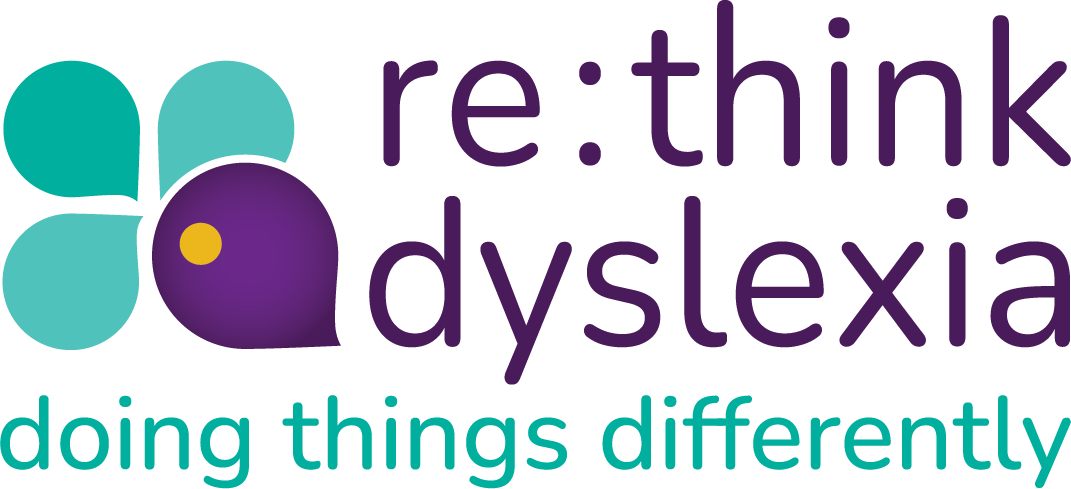Adulthood Dyslexia


Adulthood Dyslexia
In Australia dyslexia is recognised as a specific learning disability, affecting 1 in 10 adults and children. Dyslexia affects one’s reading ability leading to difficulties in recognising words accurately and fluently, understanding orthography, speech perception, and decoding speech from print. Dyslexia can also impact other language-related areas, including spelling and reading comprehension, vocabulary growth, and background knowledge.
The International Dyslexia Association states that dyslexia is:
“Dyslexia is a specific learning disability that is neurobiological in origin. It is characterizsed by difficulties with accurate and/or fluent word recognition and by poor spelling and decoding abilities. These
difficulties typically result from a deficit in the phonological component of language that is often unexpected in relation to other cognitive abilities and the provision of effective classroom instruction. Secondary consequences may include problems in reading comprehension and reduced reading experience that can impede growth of vocabulary and background knowledge.” Adopted by the IDA Board of Directors, Nov. 12, 2002.
People with dyslexia may show a mixed profile in scores on verbal comprehension, perceptual organisation, working memory, and processing speed tests. Vulnerabilities in working memory and processing speed can cause challenges in remembering instructions, maintaining concentration, and organisation. It’s important to remember that individuals with dyslexia are unique and can exhibit variation across the spectrum of mild to severe, with external factors such as fatigue, poor mental health, and daily stressors impacting their day-to-day experiences. The individual’s diagnosis, strengths, and coping techniques will also play a role in determining the impact of dyslexia on their life.
Dyslexia often co-occurs with other neurodevelopmental conditions such as autism, dyspraxia, dyscalculia, dysgraphia, ADHD, and other related conditions. Our research and international studies have shown a strong link between dyslexia and mental health and well-being, with dyslexia being associated with lower levels of well-being, higher rates of anxiety, depression, and suicidal ideation, and a tendency towards self-harm. Children, adolescents and adults with dyslexia can experience feelings of stigma, discrimination, alienation, and isolation, which can affect their mental health. Early struggles in reading and writing can have damaging lifelong effects on a person’s mental health, according to research.
How We Can Help
Our team offers a range of supports designed with and for autistic adults:
-
One-on-one coaching to support executive function, communication, and workplace success
-
Mental health support from clinicians who understand the dyslexic experience
-
Workplace training for managers and teams on inclusive practices and reasonable adjustments
-
JobAccess-funded services that help dyslexic employees access free supports
-
Peer networks and community to reduce isolation and increase connection
- Speech pathology services for young people and adults.
Late Diagnosis and Self-Discovery
Receiving an autism diagnosis in adulthood can be a transformative experience. It can help make sense of a lifetime of experiences and unlock new pathways for self-compassion, connection, and tailored support.
We support adults at all stages, whether you’re exploring a possible diagnosis, have recently been identified, or are seeking to better understand your neurodivergent identity.
Start the Conversation
If you’re dyslexic or think you might be and want to explore how re:think dyslexia can support you in your work or everyday life, reach out today. We’re here to walk alongside youcall 1800 13 63 27 or email us at hello@rethinkdyslexia.com.au
Learning more:

